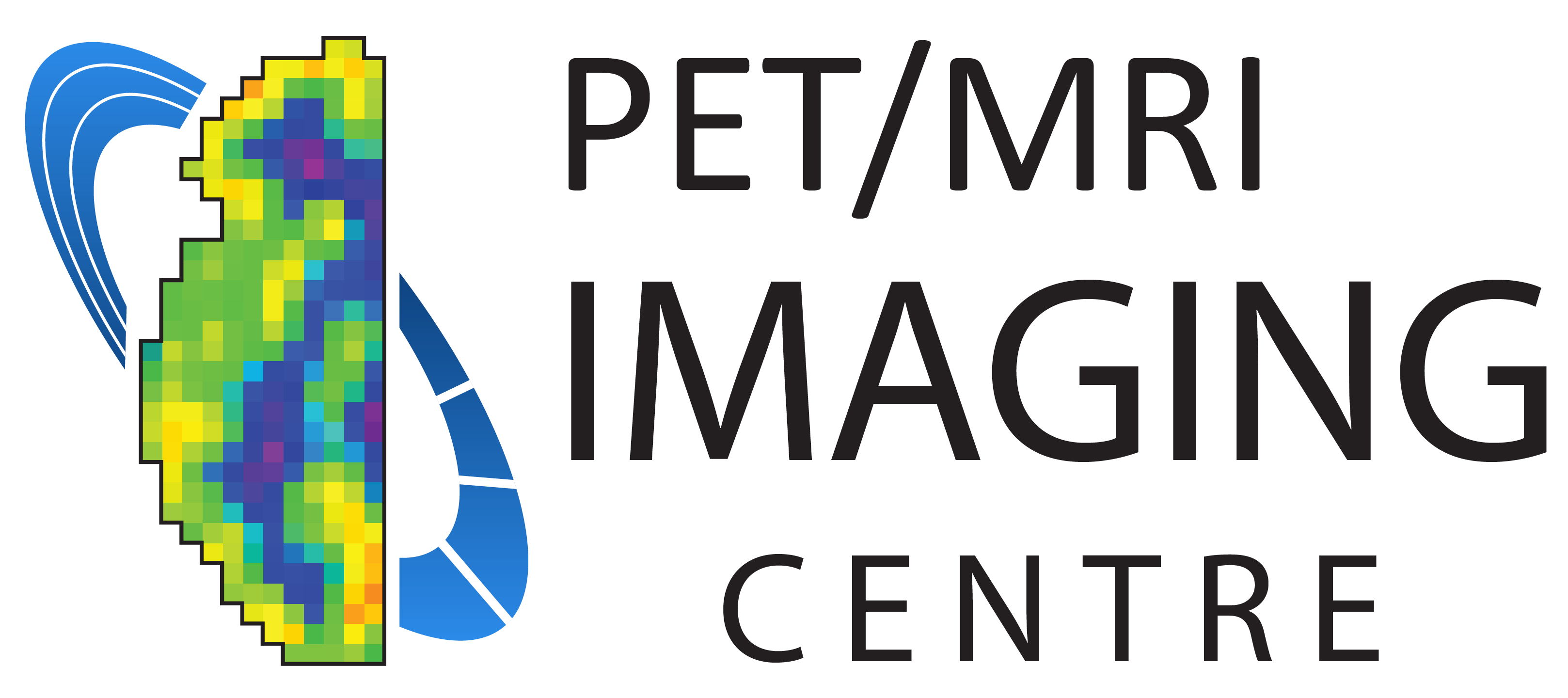Wording for MRI contraindications for Ethics applications – Insert the following on your consent forms:
Exclusions:
- You CANNOT participate if you have any of the following absolute contraindications:
- Cardiac pacemaker, wires, or defibrillator
- Metal fragment in eye or orbit
- Steel brain aneurysm clip
- Pregnancy
- Stainless steel Intrauterine Device (IUD)
- Surgery or tattooing (including makeup tattoos) within the past 6 weeks
- Depending on the individual situation, you MAY NOT be able to participate if you have any of the following relative contraindications:
- Artificial heart valve
- Ear or eye implant
- Brain aneurysm clip, titanium
- Implanted drug infusion pump
- Electrical stimulator for nerves or bones
- Coil, catheter or filter in any blood vessel
- Orthopedic hardware (artificial joint, plate, screws, rods)
- Other metallic prostheses
- Shrapnel, bullets, or other metallic fragments
- Medical procedures within the past six weeks
If you have any of the above, your individual case will be reviewed by the MR Technologist and/or UBC Hospital Radiologist, and a decision will be made regarding your participation in the study. In many cases, an operative report may be required to assess the nature of the implants in your body.
Incidental Findings:
As this will NOT be a medically indicated examination, there will be no formal review of the scans and no report will be made. The MRI scan being done is designed to answer research questions, not examine you medically. This MRI scan is not a substitute for one a doctor would order. It may not show problems that would be picked up by a medical MRI scan. However, if we believe that we have found a medical problem in your MRI scan, we will ask a doctor who is trained in the reading of MRI scans, a radiologist, to help us review the images. If the radiologist thinks that there may be an abnormality in your MRI scan that requires follow-up, we will contact you and with your permission, contact your family physician and help him or her obtain the appropriate follow-up for you. No information generated in this study will become part of your permanent medical record. However, if the study detects an abnormality in your MRI scan and further follow-up is required, then this information may become part of your record.
